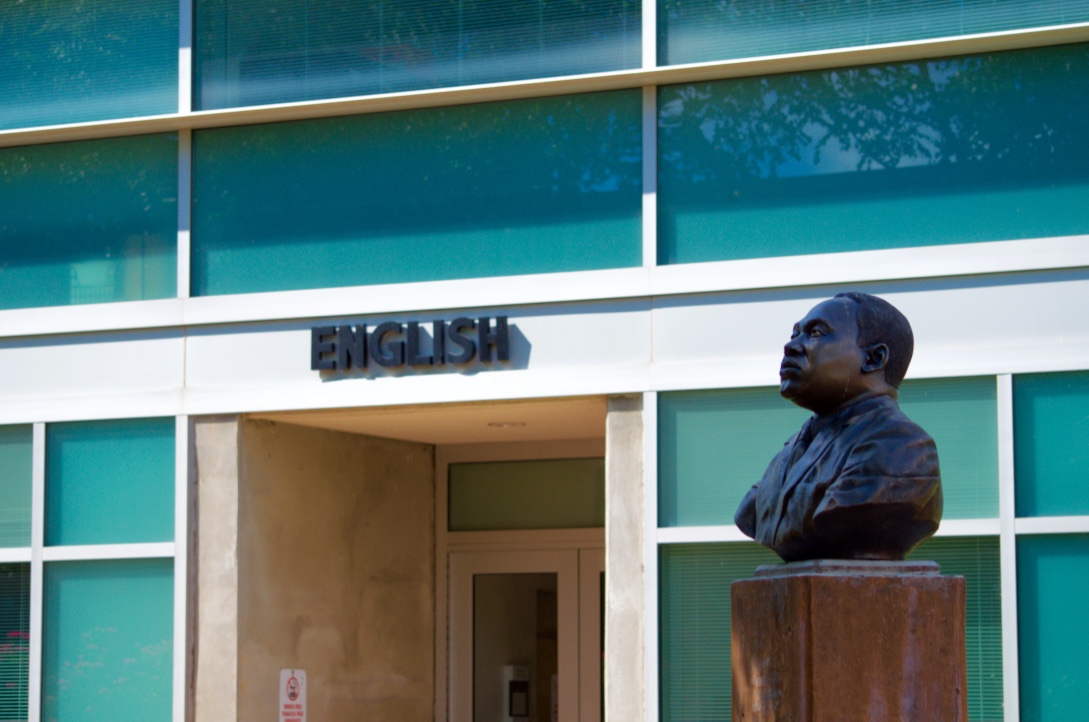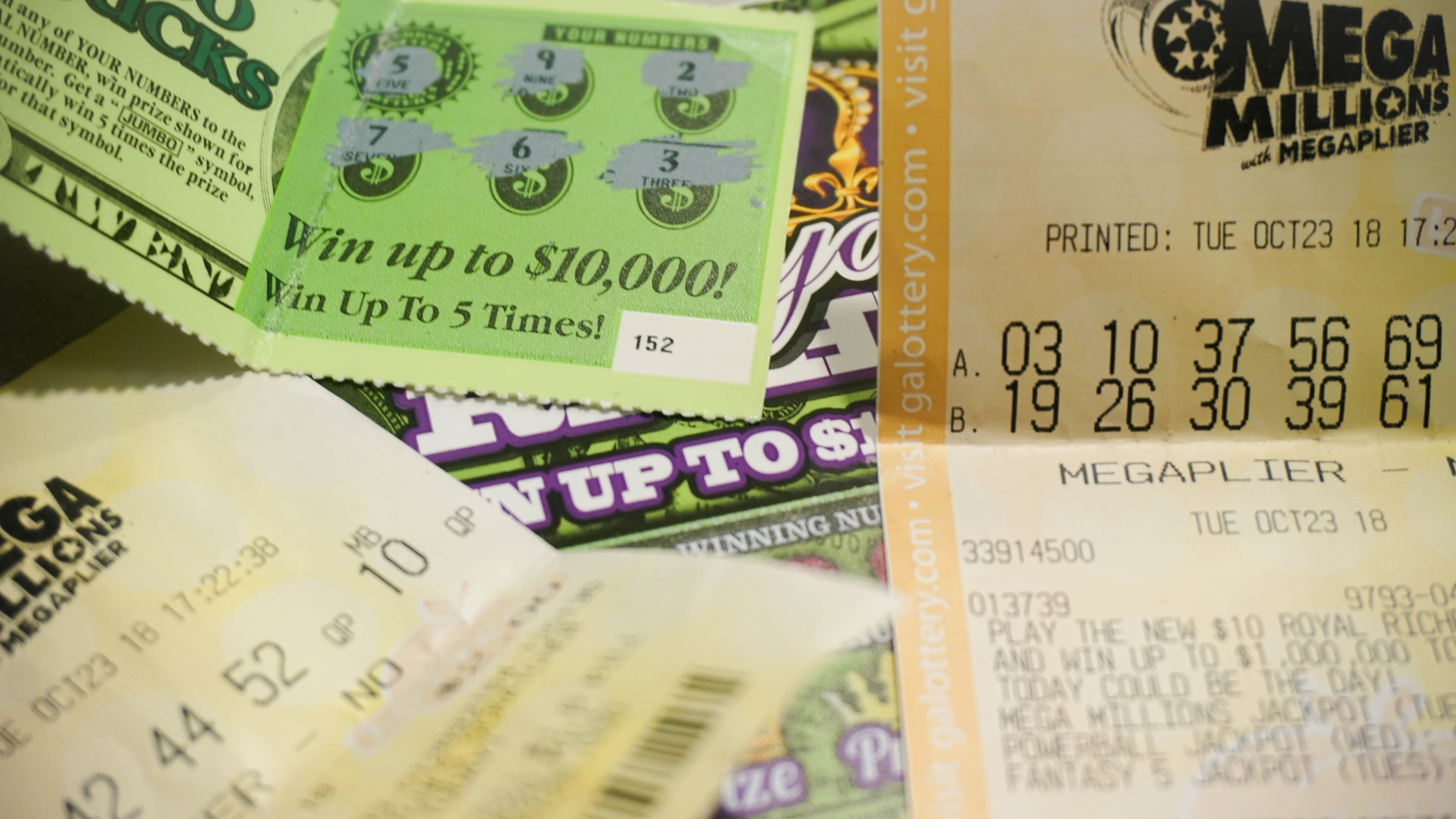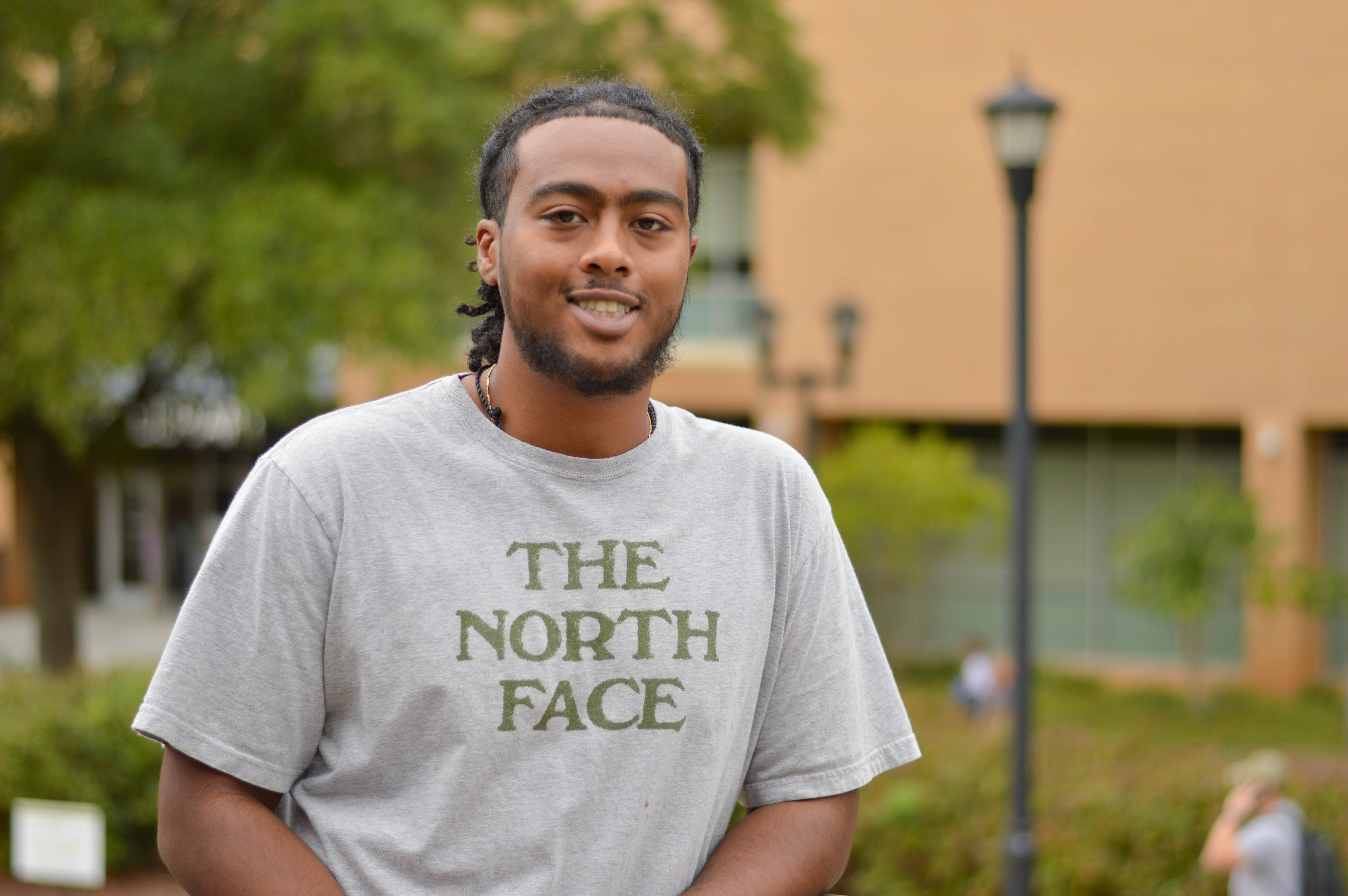Kennesaw State has experienced a rise in the number of cases involving student academic misconduct in recent years, according to data recently released by the Department of Student Conduct and Academic Integrity.
Kennesaw State University prohibits academic misconduct in the Student Code of Conduct, which states “No student shall receive, attempt to receive, knowingly give or attempt to give unauthorized assistance in the preparation of any work required to be submitted for credit (including examinations, laboratory reports, essays, themes, term papers, etc.).”
The Department of Student Conduct and Academic Integrity aims to educate students on the consequences of cheating and plagiarism while encouraging them to stay away from behaving questionably when it comes to completing their work.
“Most of the time we’re dealing with people who just made a mistake,” said KSU’s Academic Integrity Coordinator Michael Goodwin. “That’s what this whole process is for is allowing you to have consequences and learn from it, but allow you to put it behind you.
The role of SCAI is to deal with allegations of student and academic misconduct on a case-by-case basis. If a professor suspects a student of cheating or plagiarism in a course, they are required to notify the department. A meeting is then set up between the professor, the student and the office to determine whether academic misconduct occurred and deal with the student according to the university’s Code of Conduct.
If a student is accused of academic misconduct, they have the choice of either admitting guilt or denying the accusations.
If the student is able to explain their actions to the satisfaction of the professor the charges will be dropped. If the explanation is unsatisfactory, the case is taken to a formal hearing. Only a handful of cases at KSU are brought to a formal hearing. Although rare, these cases are the most serious and result in a one-semester suspension if the student is found guilty.
If the student is a repeat offender or the cheating is serious enough, they can be suspended for longer or expelled from the university entirely.
According to a study conducted by Maneesh Thakkar and Suri Weisfeld- Spolter at Northeastern University, it was “discovered that even among students there is a huge variance in their interpretations of what constitutes academic cheating.”
When asked to define cheating, Jake Kieffer, a sophomore studying Biology, said, “My definition of cheating would be using someone else’s work purposefully for your own gain, like copying and pasting another’s writing into your paper without giving them credit or someone else giving you the answers to a test.”
In an anonymous survey of 45 students conducted by The Sentinel, 22 admitted to cheating at least once in their academic careers. Of those 45 students, 29 said they knew someone who has either cheated or been caught cheating When it comes to what constitutes cheating in a course; this is where the SCAI process begins to take place. The department’s aim is to seek discover what happened while remaining an unbiased judge. Some professors allow students to work together in groups while others prohibit student collaboration on assignments.
“My job is to be there as an advocate,” Goodwin said. “I’m there to make sure the student gets the best possible outcome from this.”
When asked about the recent rise in reported cases of academic misconduct, Diane Walker, the director of SCAI, said the increase in reported cases is slightly skewed by the growing population of the university and also skewed by the number of cases that might have been dropped.
“Every year one-fourth to one-fifth [of students] graduate and new people come in. Even if you’re working hard to [educate] students and teachers, you have to do it all over again,”Walker said.
The department’s stance on cheating is firm, but forgiving in that they believe students sometime make mistakes. The idea behind these investigations is that cheating and plagiarizing not only impacts an individual’s grades, but also diminishes the creditability of a KSU degree.
If Kennesaw earns a reputation as an educational institution that is lenient on cheating, future employers and schools may view a KSU diploma negatively.



